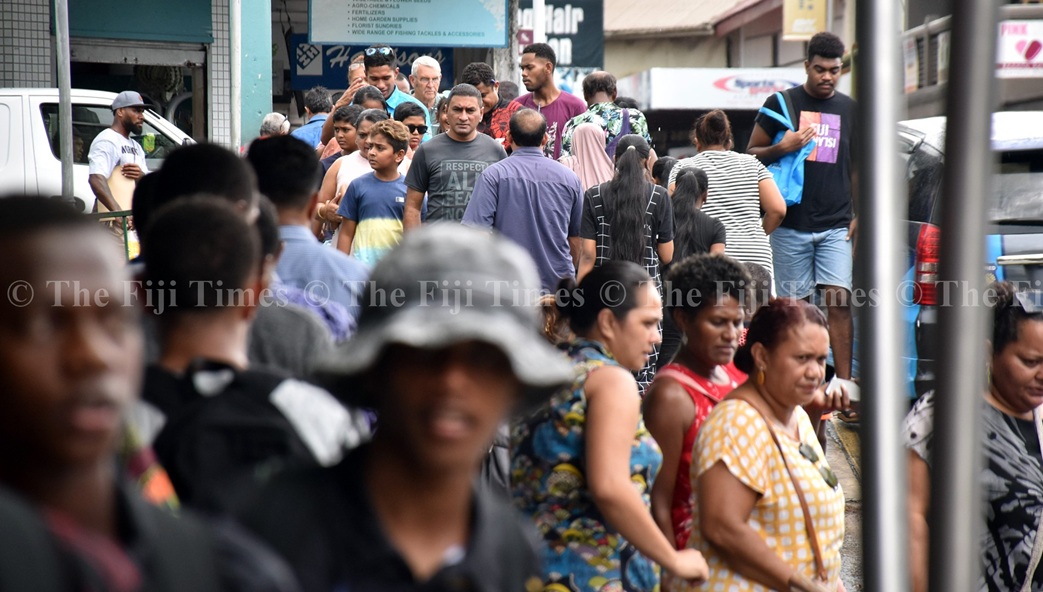Fiji is ranked among countries with some of the highest diabetes rates globally, with more than one in three Fijians affected by the disease.
Diabetes Fiji acting chief executive Kini Marawa said alarmingly, more than 80 per cent of amputations were diabetes related.
“Diabetes doesn’t care if you’re tired, busy, or stressed,” Mr Marawa said. “It doesn’t wait until you finish that important meeting, or until the children are asleep, or until you finally take that long-overdue holiday.”
He said this was a disease that demanded attention 24 hours a day, seven days a week, and 365 days a year.
“That’s a heavy responsibility – and yet, thousands of people in Fiji and millions worldwide carry it with extraordinary courage, resilience, and determination.
“They measure their blood sugar, count their carbs, take their insulin or medication, and still go on to be parents, students, workers, leaders, and community heroes.
“They deserve more recognition, more support, and more than just a ‘good job’ – they deserve a society that stands with them.”
He said many complications were preventable with early detection and consistent care.
“Managing diabetes is not a one-man or one-woman show. It takes the person living with diabetes, who commits to regular monitoring, medication, healthy eating, and physical activity;
“Family members and friends, who provide encouragement, share healthy meals, and join in activities. Healthcare professionals who educate, guide, and treat.
“Employers, who provide supportive work environments and wellness programs, and community and faith leaders who can inspire and educate.”
Mr Marawa said many people thought diabetes was one single disease, but it was not.
“There are different types and understanding them is key to proper management.
“Type 1 Diabetes – the body’s immune system attacks the insulin-producing cells. It usually appears in childhood or adolescence but can develop at any age.”
He said this required daily insulin.
“Type 2 Diabetes – the most common type. The body becomes resistant to insulin or doesn’t produce enough. Often linked to lifestyle factors but also influenced by genetics.
“Gestational Diabetes – develops during pregnancy and usually goes away after delivery but increases the mother’s and baby’s risk of developing Type 2 diabetes later.”
He urged Fijians to watch for early signs and symptoms and get tested immediately as soon as they notice any of the signs.
“Watch for excessive thirst and frequent urination, unexplained weight loss or gain, fatigue that coffee can’t fix, blurred vision, slow-healing cuts or sores, and frequent infections. If you notice these signs, get tested immediately. Early detection can save your health – and your life.”

